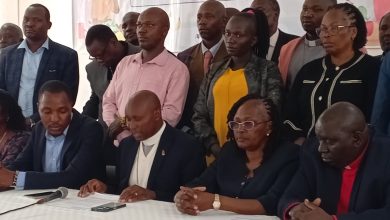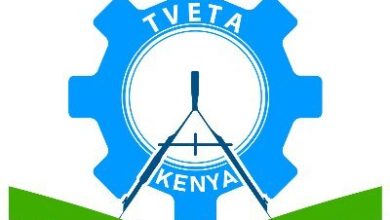Press clubs call for reforms as poor remunerations pose threat on media industry
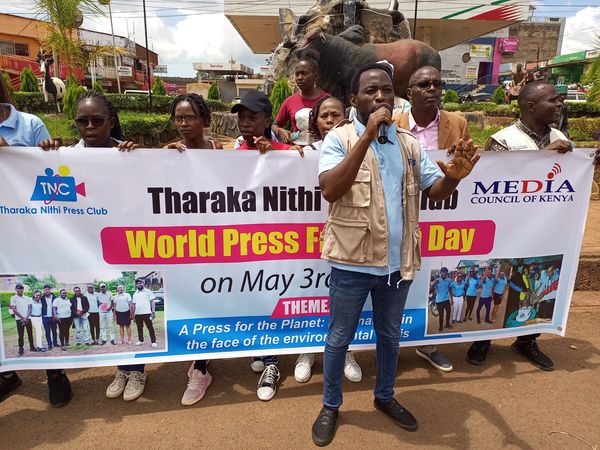
By Harun Mugambi
Journalism, once a revered profession that unearthed truths and held power accountable, seems to be losing its luster despite being one of the high risk profession in the world.
Journalists are grappling with poverty due to low salaries that are always delayed despite long working hours, a situation that is threatening the future of journalism and the quality of news.
The rise of social media and the decline of traditional media outlets have eroded the financial stability and public perception of the field. Investigative reporting, a cornerstone of journalism, faces challenges with fewer resources and tighter deadlines.
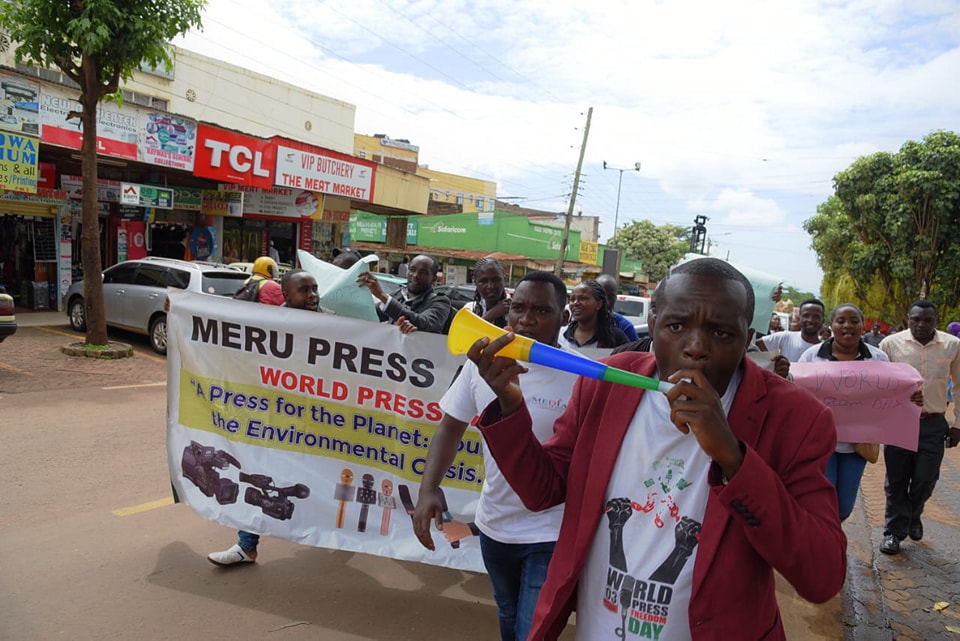
Despite these hurdles, dedicated journalists continue to fight for accuracy and shed light on important issues, but the question lingers: can journalism recapture its former prestige in a rapidly evolving media landscape? This dynamic transformation has affected journalists who have been victims of retrenchment, pay cuts, and salary delays with their only hope turning to be press clubs.
Various Press Club leaders are now calling for immediate action noting that poor remuneration could endanger the integrity, judgment, or reputation of this highly regarded career.
County Press Clubs to the Rescue
Tharaka Nithi Press Club Chairperson Mr Alex Njeru raised a need of remuneration policy which he said can be aired by the journalists’ unions and amplified by the Media Council of Kenya.
“This is the only way to save journalists grappling with poverty and save the future of journalism from unethical practices,” Mr Njeru added.
He further called on journalists to enroll in Press Clubs which he said plays a crucial role in fostering communication, networking, and professional development among journalists.
He revealed that Tharaka Nithi Press Club has implemented various measures to assist struggling journalists.
“We do monthly contributions and table banking. The contributions serve as a financial security to journalist struggling as they can borrow some money in case of financial constraints or delayed payment,” he said.
Njeru added that the Press Club has been using human approach to compel employers to offer better remuneration in case of salary delays.
Blaise Gitonga, a digital and print journalist based in Tharaka Nithi is a witness to the Press Club interventions.
“Through the platform provided by press clubs, organizations like the Media Council of Kenya can extend support in various forms, including grants and financial assistance for club activities. These resources are often essential for sustaining operations and implementing initiatives such as income-generating projects, which contribute to alleviating financial hardships among journalists. Press clubs thus serve as indispensable conduits for journalists to empower themselves and navigate the complexities of their profession.” Blaise said in an interview with the County Focus.
Welfare Kitty and Online Newspaper
Ms Dorcas Mbatia, the Meru Press Club Vice Chairperson, revealed that the club has developed initiatives to help journalists facing financial hitches.
“Meru Press Club has a welfare kitty that helps journalists who have financial problems. We also have an online newspaper that gives retrenched journalists a chance to earn something,” Mbatia said.
Mbatia noted that the Club offers training and psychological support for journalists who have lost their jobs or are facing financial challenges.
“We amplify journalist voices,” She added.
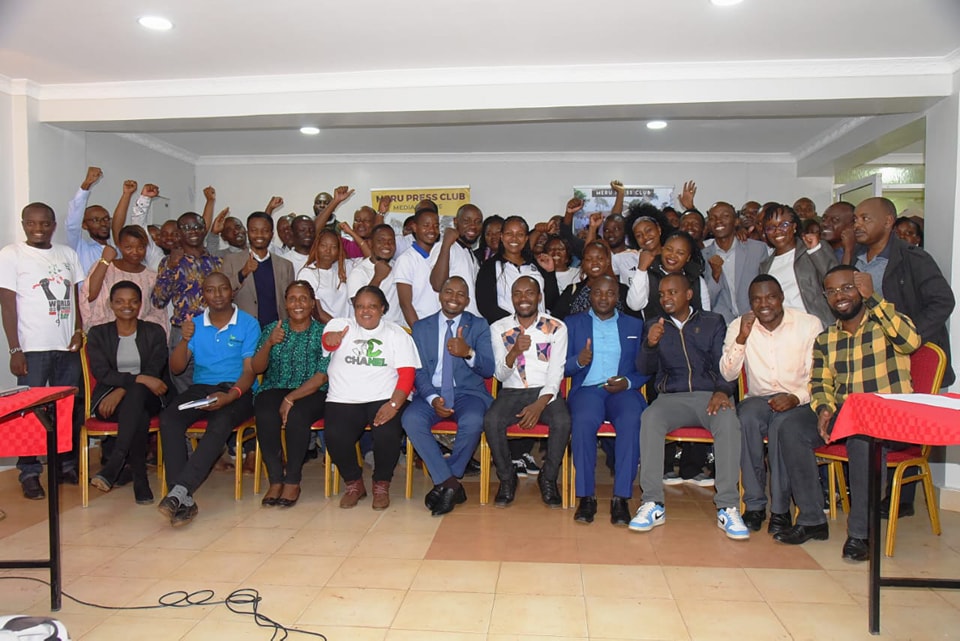
The story of Kimani Mbugua, a former Citizen TV journalist, is a stark reminder of the struggles faced by journalists.
Mbugua, who was at the peak of his career, fell ill in 2020 and was diagnosed with bipolar mood disorder. He is now homeless and has called on Kenyans to help him get his life back on track.
Despite attempts to help Mbugua out of the drug menace, He still seems to be suffering from drug addiction. Good financial help for rehabilitation and consistent follow-up can be of great help to him.
The plight of journalists in Meru and Tharaka Nithi reflects the larger issue of poverty among journalists in Kenya with many resolving to die in silence. However, with the help of press clubs and the wider community, there is hope that these journalists can overcome their financial drawbacks and continue to provide quality news to the public.


